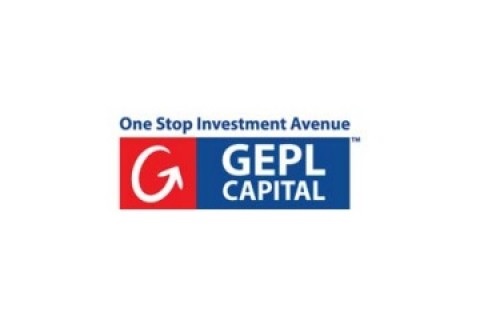Markets end near day’s low; Sensex breaches 54,400 mark

Follow us Now on Telegram ! Get daily 10 - 12 important updates on Business, Finance and Investment. Join our Telegram Channel
Indian equity benchmarks ended Friday’s session near intraday lows, with Sensex and Nifty breaching their crucial 54,350 and 16,250 levels, respectively, following weakness in global counterparts and fear of faster policy tightening to combat inflation. The bourses started the session in red and remained under pressure for whole day, as investors got cautious with External Affairs Minister S Jaishankar stating that the Russia-Ukraine war has thrown up a crisis of fuel, food and fertiliser that will lead to hunger situations and have a very significant inflationary impact. Some anxiety spread among investors with India Ratings stated that the country’s current account deficit is likely to hit a three-year high of 1.8 per cent or $43.81 billion in FY22, as against a surplus of 0.9 per cent or $23.91 billion in FY21. Besides, persistent capital outflows also weighted down on the domestic sentiments. Foreign Institutional Investors (FII) continued to be net sellers of domestic equities, pulling out Rs 1,512 crore from stocks on Thursday.
Further, in the last hours of the trade, selling got intensified on the counters, as domestic sentiments weakened further as the United Nations said Foreign Direct Investment inflows to India declined $19 billion to $45 billion in 2021 but the country still remained among the top 10 global economies for FDI last year. Traders also remained cautious as basket of crude oil that India buys has hit a decade high of $121 per barrel, but retail selling prices of petrol and diesel continue to remain frozen. The Indian basket on June 9, 2022 touched $121.28, matching levels seen in February/March 2012. Market participants overlooked Assocham’s statement that the Reserve Bank's decision to raise the benchmark lending rate by 50 basis points to 4.9 per cent will help the Indian economy in the medium term.
On the global front, Asian markets settled mostly in red on Friday amid rising concerns about inflation, potential interest rate hikes and slowing economic growth. Investors also looked ahead to the crucial inflation data from the U.S. due later in the day. The mass testing announcements in Shanghai also sparked fears of a return to stringent, prolonged lockdowns. European markets were trading lower after the ECB delivered its hawkish guidance and parts of China's largest economic hub imposed new lockdown. The focus shifted to U.S. consumer inflation data due out later in the day that could influence the Federal Reserve's rate-hike roadmap for fighting inflation.
Back home, tea industry stocks were in watch as Indian Tea Exporters Association Chairman Anshuman Kanoria said buoyed by the encouraging demand scenario in overseas markets, Indian tea exporters are hoping to ship out 220-225 million kg in 2022, and are keen on filling up the vacuum left by crisis-hit Sri Lanka. Besides, stocks related to insurance industry also were in focus as Irdai extended the 'use and file' procedure for the most of the life insurance products, thereby allowing insurers to launch new products without prior approval of the regulator.
Finally, the BSE Sensex fell 1016.84 points or 1.84% to 54,303.44 and the CNX Nifty was down by 276.30 points or 1.68% to 16,201.80.
The BSE Sensex touched high and low of 54,780.78 and 54,205.99, respectively. There were 7 stocks advancing against 22 stocks declining, while 1 stock remain unchanged on the index.
The broader indices ended in red; the BSE Mid cap index fell 0.64%, while Small cap index was down by 0.70%.
The lone gaining sectoral index on the BSE was Telecom up by 0.12%, while Oil & Gas down by 2.09%, IT down by 2.09%, Finance down by 2.02%, Energy down by 2.01%, TECK down by 1.87% were the top losing indices on BSE.
The top gainers on the Sensex were Asian Paints up by 0.78%, Dr. Reddy's Lab up by 0.62%, Ultratech Cement up by 0.52%, Hindustan Unilever up by 0.14% and Titan Company up by 0.12%. On the flip side, Kotak Mahindra Bank down by 3.96%, Bajaj Finance down by 3.90%, HDFC down by 3.80%, Reliance Industries down by 3.02% and Wipro down by 2.99% were the top losers.
Meanwhile, expressing optimism over government’s tax collection, Revenue Secretary Tarun Bajaj has said tax revenue collections in ongoing fiscal year (FY23) are expected to be far better than the budget estimates. Last fiscal year, indirect taxes grew at 20 per cent and direct taxes at 49 per cent. The tax-to-GDP ratio in 2021-22 jumped to 11.7 per cent - the highest since 1999. In 2020-21, the ratio was 10.3 per cent. The country’s tax collections soared to a record high of Rs 27.07 lakh crore last year, compared to budget estimate of Rs 22.17 lakh crore.
Bajaj said the government was able to collect Rs 5 lakh crore more in taxes than what was anticipated in the budget estimates for 2021-22. He said ‘while we are starting the new financial year and are in the month of June, I would need another one month to be sure as to how we are going ahead with the revenue figures’. ‘But whatever indicators I have at the moment, I feel very optimistic, and think this year again, we will be able to do far better than we thought initially when we were making the budget as to how we will do’. He added that this is in spite of the fact that there have been some concessions on the customs duty, more so on the excise duty on the indirect taxes.
On the Goods and Services Tax (GST) front, he said there has been a healthy growth of revenues. He said ‘I am very hopeful that in the current year, the average revenues would be close to between Rs 1.40-1.50 lakh crore for the year as a whole as far as GST is concerned’. He noted that even on the direct taxes front, the initial indicators are good and there should be a healthy growth of tax revenues out there also.
On the economy, he said currently, the country is facing some challenges on inflation, rising current account deficit, fiscal deficit and currency valuation. He said ‘I think at this point of time, in our desire to control inflation both RBI and the government have taken a few steps and I hope these steps will bear fruit, and we will be able to see stability in our macro indicators in the times to come’.
The CNX Nifty traded in a range of 16,324.70 and 16,172.60. There were 13 stocks advancing against 37 stocks declining on the index.
The top gainers on Nifty were Grasim Industries up by 1.26%, Apollo Hospital up by 0.82%, Asian Paints up by 0.75%, Divi's Lab up by 0.59% and Dr. Reddy's Lab up by 0.41%. On the flip side, Bajaj Finance down by 4.08%, Kotak Mahindra Bank down by 3.98%, HDFC down by 3.76%, Hindalco down by 3.50% and Reliance Industries down by 3.03% were the top losers.
European markets were trading lower; UK’s FTSE 100 decreased 94.83 points or 1.27% to 7,381.38, France’s CAC decreased 107.72 points or 1.69% to 6,250.74 and Germany’s DAX decreased 223.28 points or 1.57% to 13,975.52.
Most of the markets in Asia settled in red on Friday, tracking weakness in Wall Street overnight on concerns about slowing global growth and rising interest rates. Renewed Covid-19 lockdown restrictions in Beijing also weighed on market sentiments. Meanwhile, investors are cautiously awaiting for key US consumer inflation data due later in the day that would guide the US Federal Reserve's policy tightening path. Japanese shares declined after hawkish stance from the European Central Bank pushed global bond yields higher. However, Chinese shares gained sharply on hopes of policy loosening, and after inflation data for May came in largely in line with expectations. The Chinese producer price index for May jumped 6.4% as compared with a year earlier, marking the weakest pace since March 2021. Consumer inflation added 2.1%, unchanged from April.
Above views are of the author and not of the website kindly read disclaimer

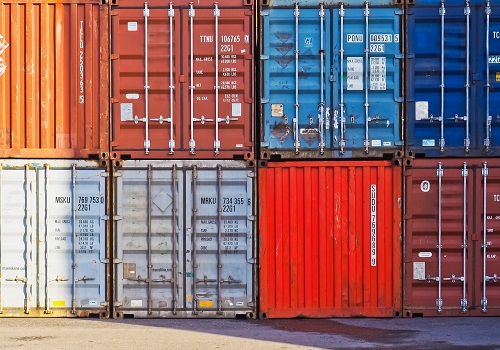


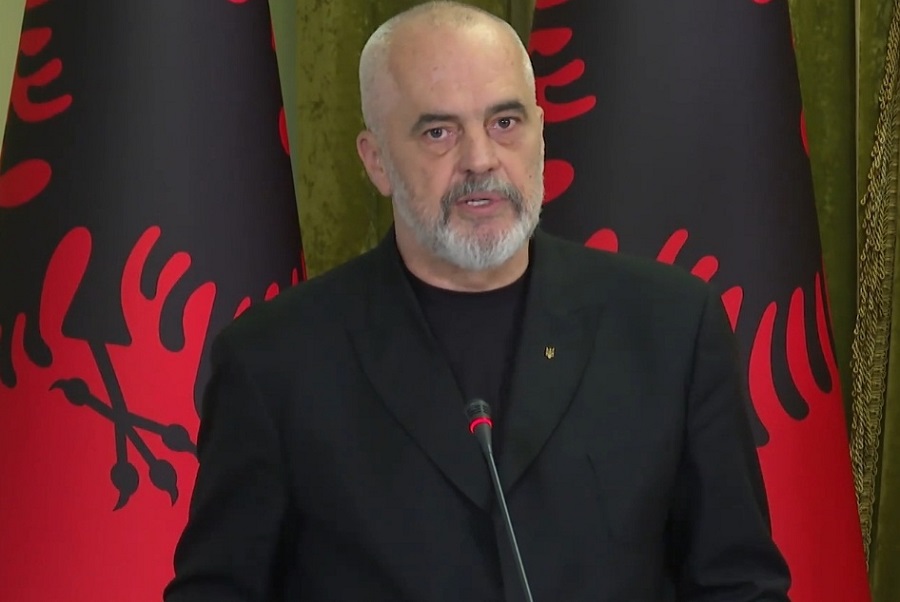
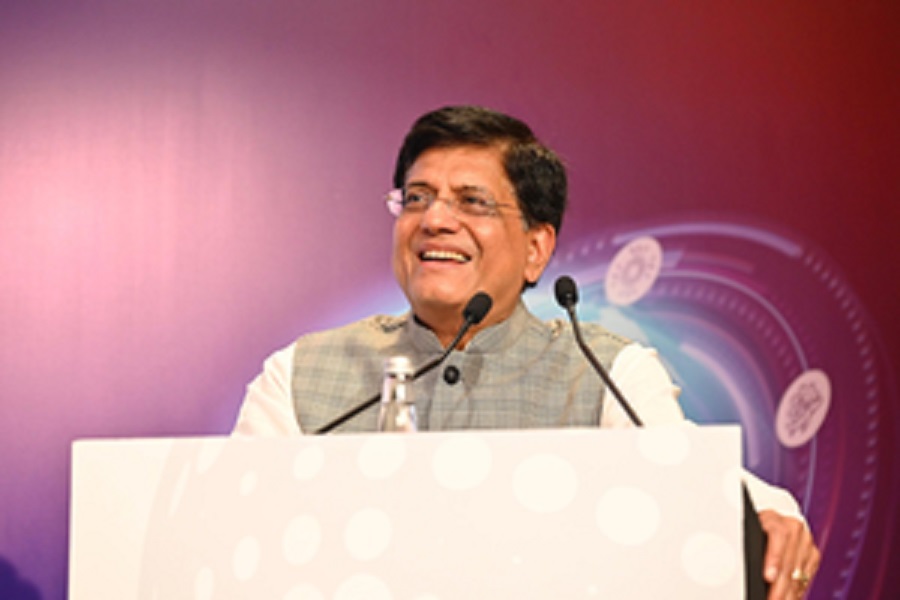


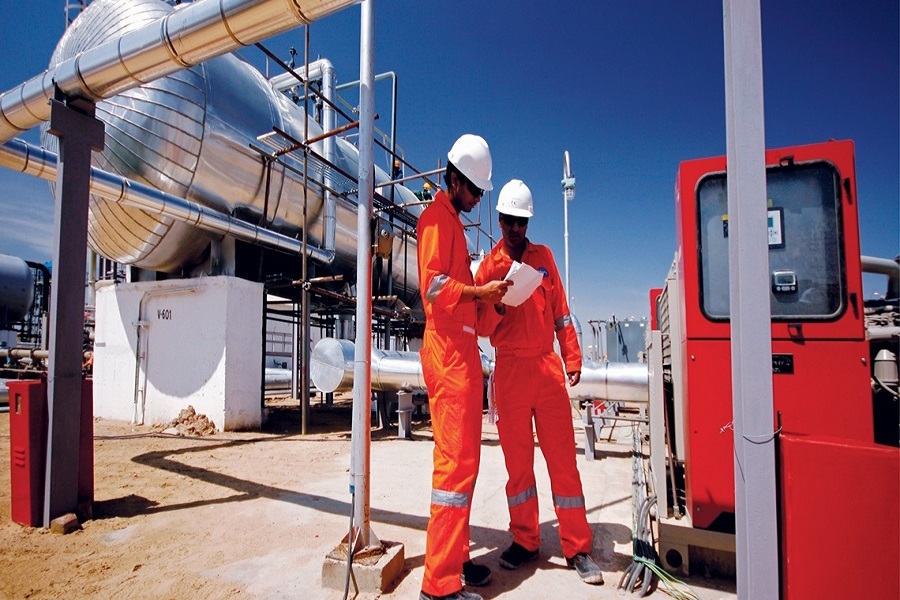

Tag News

Weekly Market Analysis : Markets strengthened recovery and gained nearly 2% in the passing w...













